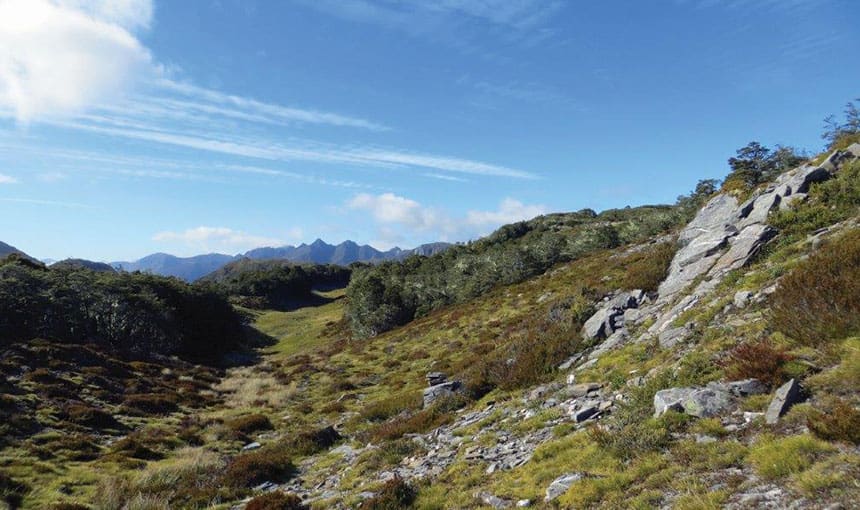Find-A-Pest can be downloaded onto mobile devices and allows the user to take a photo of anything suspicious (weeds, insects, diseases etc), then send it to authorities.
Project lead Scion’s Dr Steve Pawson says the alert goes through in real-time, so the right people get a heads-up straight away and can do something about it.
He says it’s both exciting and daunting to have the first version of the app being used, after working on it for over a year.
“We stress that the current app is only a prototype and we are really putting it out to certain user groups to test the waters and get feedback.”
App testing is being carried out by selected case study groups in Northland, Auckland and Southland with a focus on weeds, and nationally – via planted forest and kiwifruit industry bodies – for a broader range of pests.
“We’ve selected case studies that put the app in the hands of the people walking New Zealand’s orchards, forests and fields. But we’ve also included urban organisations because research shows most pests arrive via transport hubs such as ports, which are located close to urban centres.” Steve says.
“To date Find-A-Pest has been pretty well received. It’s had excellent support from the iNaturalist NZ community, who are helping to identify observations super quickly for users, often within minutes.”
The app’s team are working with case study groups from February to the end of April and will evaluate the feedback in May, but so far, they’ve had pretty good participation rates.
Steve says he hopes the app can help to strengthen our biosecurity system.
“Finding things early is crucial to give us a chance at eradication. If Find-A-Pest can be a one-stop-shop for many different sectors by being flexible, and accommodating content from a wide variety of groups, that would be great.”
In the future Find-A-Pest will incorporate artificial intelligence-based species identification and screening.
The Find-A-Pest team is part of a wider BioHeritage project looking at how mobile apps can help keep New Zealand safe from biosecurity threats.
The trial is a BioHeritage research project led by Scion and Lincoln University with support from Biosecurity New Zealand (part of Ministry for Primary Industries), the Forest Owners Association, Envirolink, Te Tira Whakamātaki, Kiwifruit Vine Health, Zespri and iNaturalist NZ.
Users should note that the app is still in development and does not replace Biosecurity New Zealand’s exotic pests and diseases hotline (0800 80 99 66), which should be used as normal to report any suspected exotic pests.
